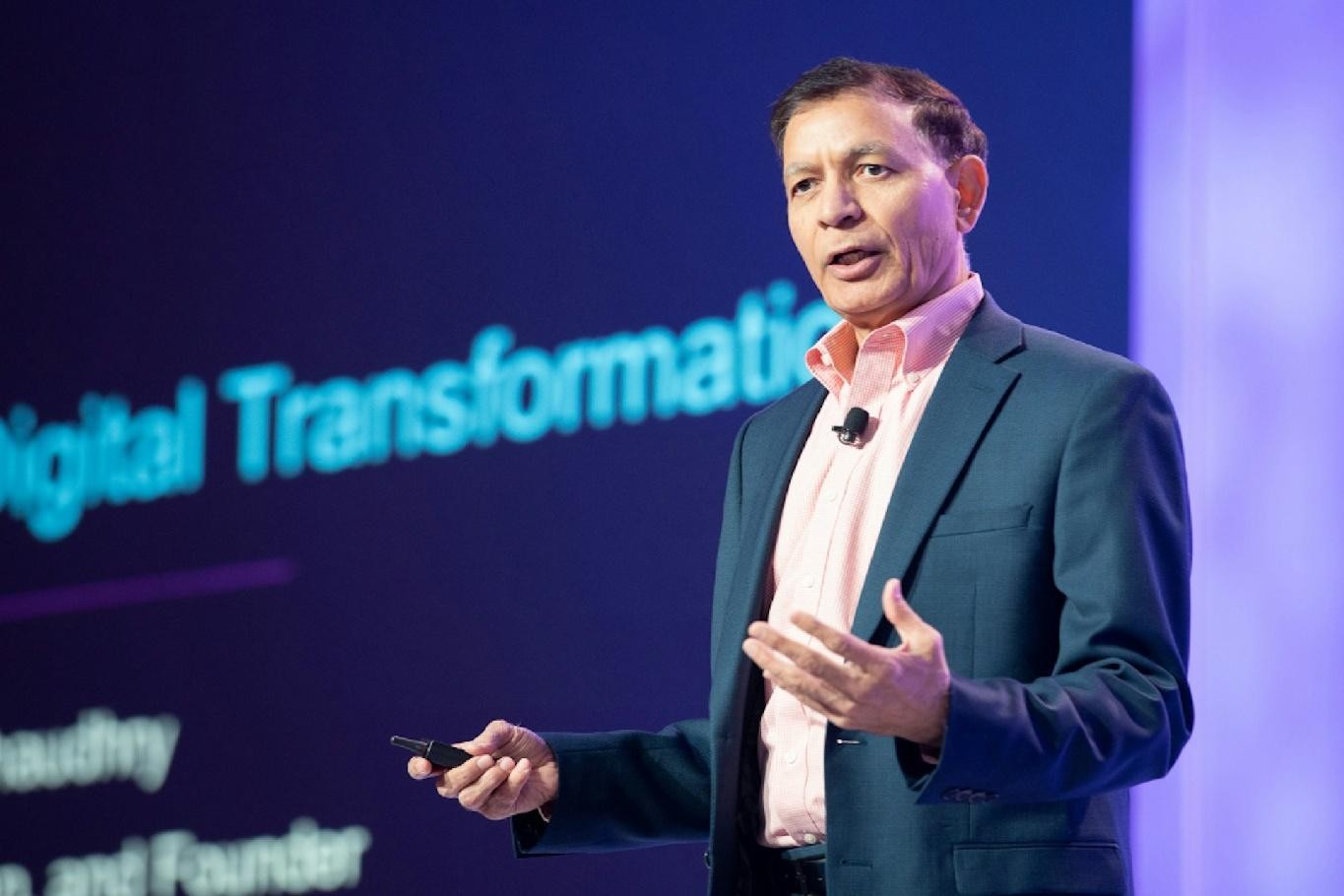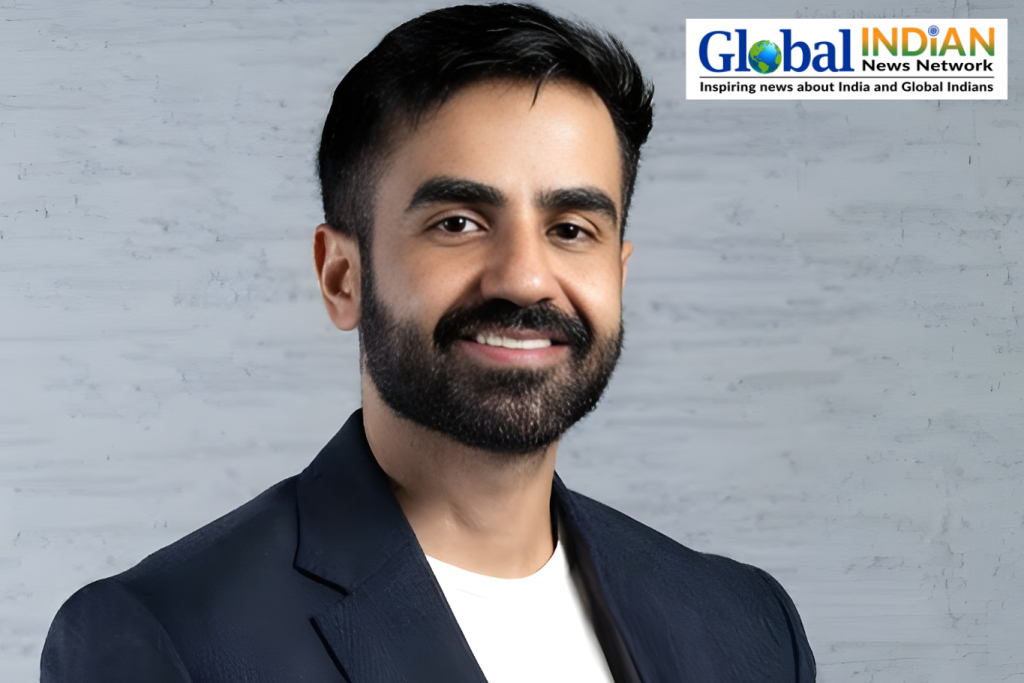
Jay Chaudhry, founder and CEO of Zscaler, never envisioned becoming an entrepreneur while growing up in India or pursuing engineering and marketing in the US during the 1980s, according to CNBC Make It. Despite securing positions at tech giants IBM and Unisys, entrepreneurship wasn’t on his radar due to his family’s background in small-scale farming.
The turning point came during Silicon Valley’s dot-com boom in 1996, fueled by the success of startups like Netscape. Inspired, Chaudhry left his executive role at IQ Software in Atlanta, with his wife Jyoti also leaving her job at BellSouth. They invested their life savings of approximately $500,000 to launch SecureIT, a cybersecurity software startup in 1997. This move proved prescient, as at that time, fewer than 5% of Fortune 500 companies had firewalls, a gap SecureIT quickly addressed by deploying firewalls in half of these companies within 18 months.
In 1998, Chaudhry sold SecureIT to VeriSign in a deal valued at nearly $70 million in stock. Over the ensuing decade, the couple founded and successfully sold two more cybersecurity firms and an e-commerce venture. By 2007, Chaudhry was ready to focus entirely on one major enterprise, Zscaler, aimed at modernizing corporate security from traditional firewalls to cloud-based solutions. The Chaudhrys invested $50 million of their own funds into Zscaler, which today boasts $1.6 billion in annual revenue and a market value of approximately $30 billion, propelling Jay Chaudhry’s net worth to an estimated $11.5 billion by Forbes.
In an interview with CNBC Make It, Chaudhry explained his motivation for betting his life savings on a startup: a passion for technology sparked by the Netscape IPO. He and his wife reasoned that as more companies connected to the internet, security risks would multiply, driving the need for innovative solutions like Zscaler.
Reflecting on his modest upbringing, Chaudhry shared that financial risk-taking was a departure from his earlier life experiences, marked by a simple lifestyle and prudent financial decisions. He emphasized that the investment in Zscaler represented a calculated risk compared to his overall financial position.










1 Comment
wonderful issues altogether, you just gained a new reader.
What could you recommend about your post that you simply made some days ago?
Any certain?